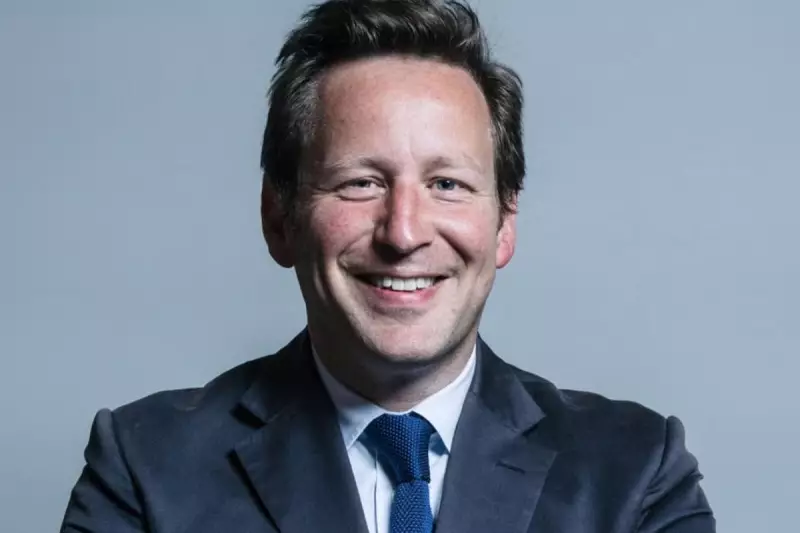
In a striking intervention into the nation's health policy, former Conservative Culture Minister Lord Ed Vaizey has urged the government to slash the cost of revolutionary weight-loss medications. His proposal centres on removing the Value Added Tax (VAT) from prescription anti-obesity drugs, making treatments like Wegovy more accessible to those in need.
The call to action highlights a growing consensus that obesity should be treated as a medical condition, not a lifestyle choice. By reclassifying these prescriptions, the government could take a significant step towards destigmatising the disease and providing practical support.
The Financial and Health Burden of Obesity
Lord Vaizey's argument is rooted in both economics and public health. He contends that the initial cost of removing the 20% VAT would be far outweighed by the long-term savings for the National Health Service. Obesity is a primary driver behind a host of serious comorbidities, including:
- Type 2 Diabetes: A condition heavily linked to weight and a major drain on NHS resources.
- Cardiovascular Disease: Including heart attacks and strokes, leading causes of mortality.
- Certain Cancers: Obesity is a known risk factor for various cancers.
- Joint Problems: Leading to increased demand for surgeries like hip and knee replacements.
Investing in preventative treatment, Vaizey argues, is a fiscally responsible strategy to alleviate pressure on an already stretched health service.
Wegovy: A Game-Changer in Treatment
The debate focuses primarily on drugs containing semaglutide, such as Wegovy. These medications work by mimicking a hormone that targets areas of the brain responsible for regulating appetite and food intake. Clinical trials have shown they can help users lose up to 15% of their body weight, offering a powerful new tool against a complex condition.
While available on the NHS in England under specific, strict criteria, access remains limited. Lord Vaizey's proposal aims to broaden that access indirectly by reducing the financial barrier, potentially allowing more private prescriptions to act as a supplement to public health provisions.
A Political and Social Challenge
This proposal lands amidst a broader national conversation about health, responsibility, and the role of the state. The government faces the challenge of balancing immediate budgetary concerns with a proactive investment in the nation's future health and productivity.
Supporters of the move believe it represents a modern, compassionate approach to healthcare. Critics, however, may question the cost and whether it should be prioritised over other pressing NHS needs. The government's response to this proposal will be a key indicator of its commitment to tackling the obesity epidemic head-on.





